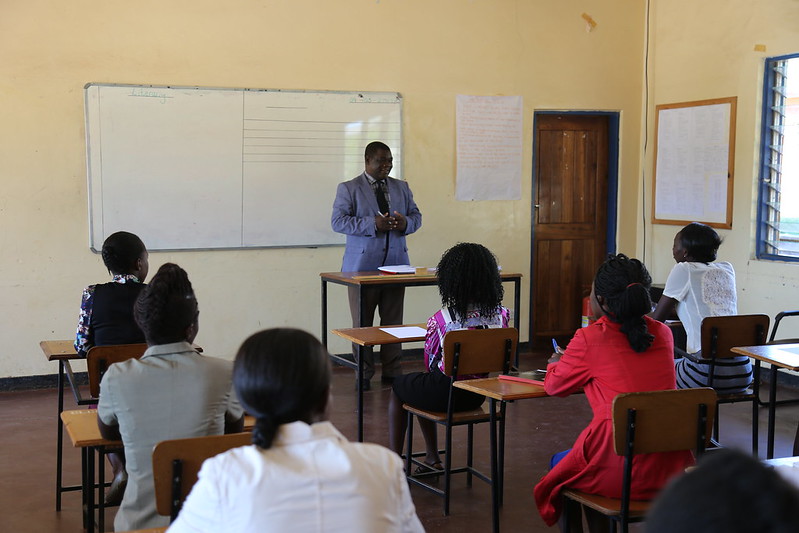
Despite being the primary point of contact for learners around the world, many teachers often lack the skills, tools, and support they need to effectively teach children. Traditional “chalk and talk” pedagogies do not allow for tailoring to children's learning needs, which is critical for learning. Furthermore, even if teachers want to tailor instruction to their students’ learning levels, they are often constrained by unrealistic curricula. As a result, millions of students in school lack basic reading and math skills, with poor children learning the least.
Teaching at the Right Level (TaRL) is an evidence-based initiative that enhances the quality of primary education through improving teacher capacity to improve children’s foundational skills and by supporting teachers through mentoring and monitoring to ensure their success in the classroom. KIX-supported research aims to assess innovative approaches for mentoring and monitoring systems of the TaRL methodology across Zambia, Nigeria, and Côte d’Ivoire. The general objective of the study is to gain insights into enhancing government systems' capacity to effectively support teachers on a larger scale, even within resource-constrained environments.
Zambia’s TaRL programme, Catch Up Continuing Professional Development (CPD), has now scaled to 8 out of the 10 national provinces. This has been paired with an increase in senior national level engagement and acknowledgement of the programme including the creation of a National Catch Up Coordinating Committee, visits from the Minister of Education to see Catch Up classes, and global acknowledgment of the programme at the UN Transforming Education Summit.
In Côte d’Ivoire, the Ministry of Education and Literacy (MENA) has identified Côte d’Ivoire’s TaRL programme, Programme d’Enseignement Ciblé, as their chosen remedial approach in national level documentation which outlines priority areas and approaches for foundational skills development for the next five years.
